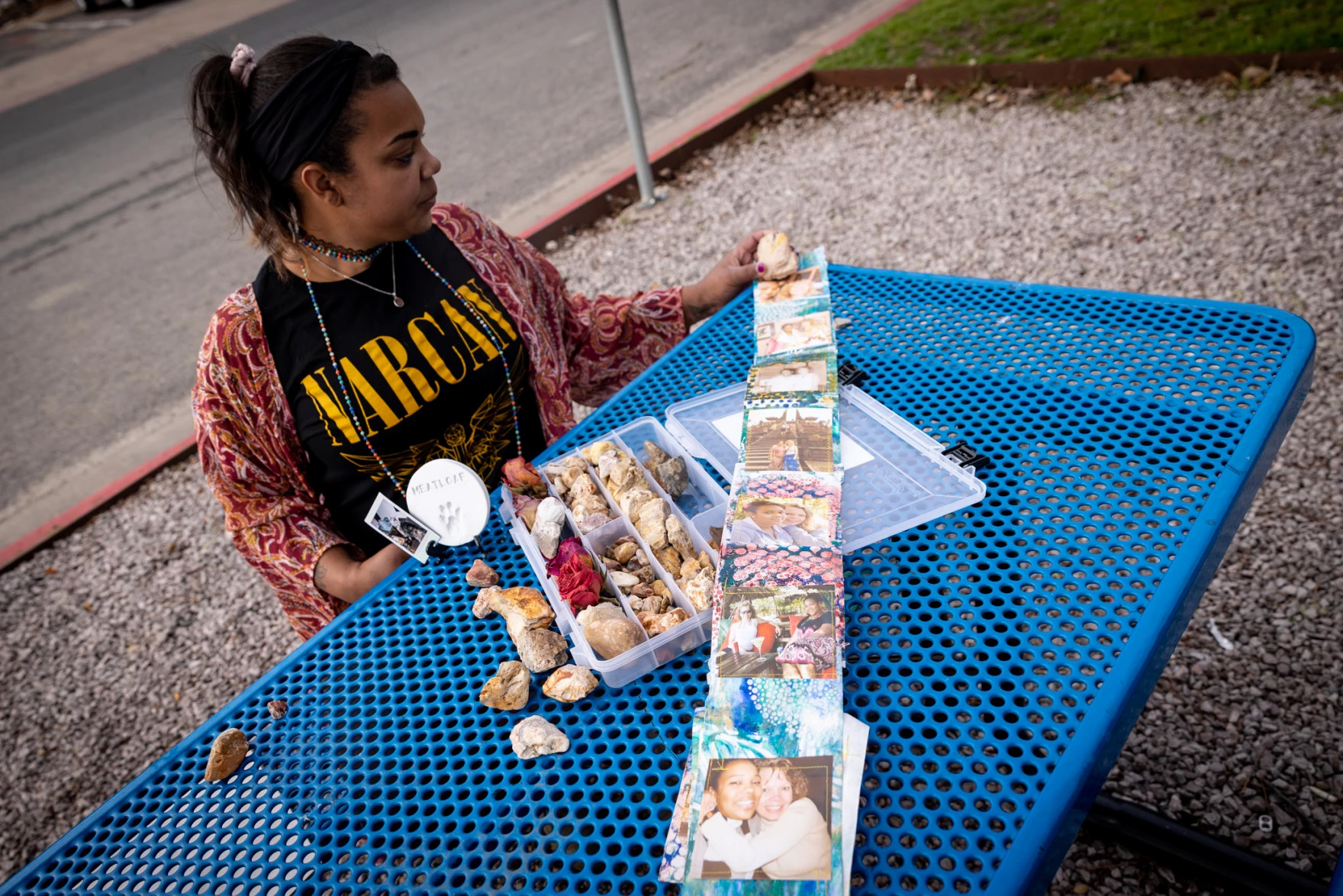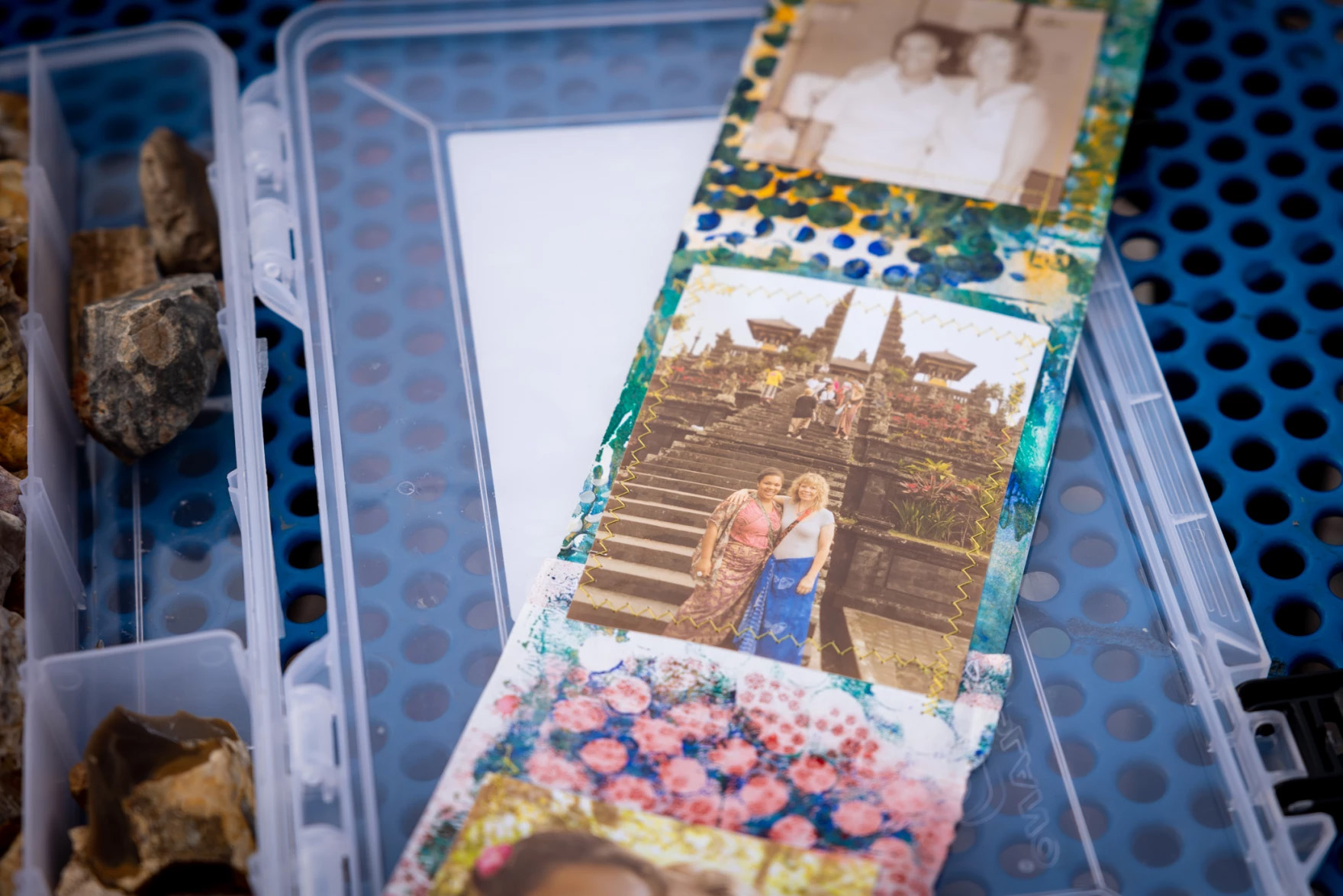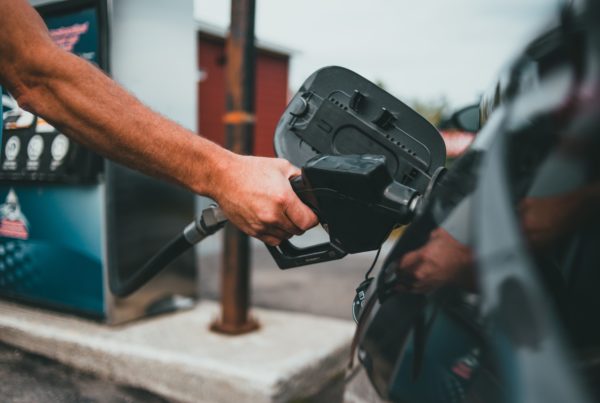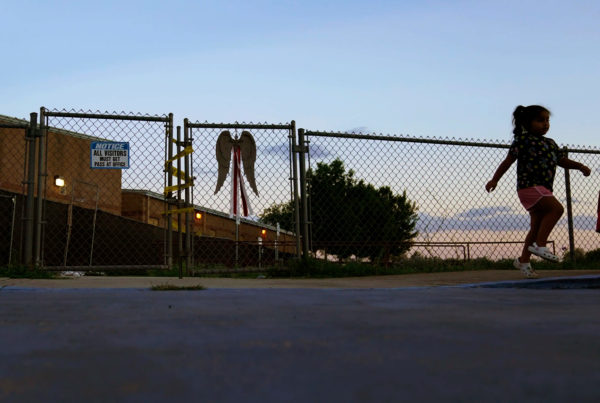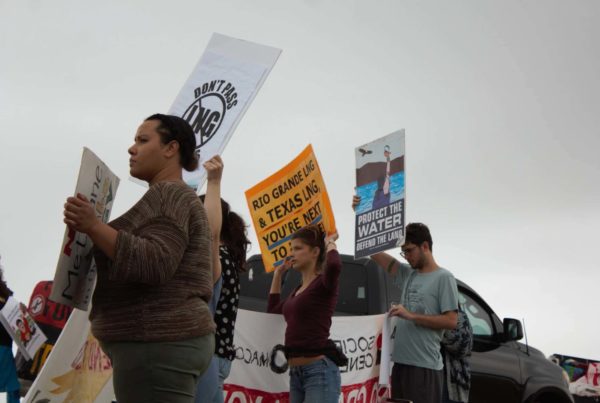From KUT:
Francesca Rae, or “Frankie” as she likes to go by, lit a cigarette before sitting down to talk about how drugs are a form of escapism for her.
“All those feelings of anxiety and nervousness and fear … I had struggled with due to having emotional trauma growing up — all of that just disappeared, like, instantly,” she said of her first time using opiates. “It was wild.”
She tried to escape in other ways: through art, joining the Peace Corps, moving around.
But ultimately, drugs were the most effective solution for her. And they still are.
There are risks to using drugs, but that’s not going to stop her. Instead, she’s advocating for safer drug use.
Rae works for the Texas Harm Reduction Alliance, an Austin-based group that does outreach to people in danger of overdosing.
Her group wants to provide harm-reduction strategies like facilitating syringe exchanges, providing test strips that check for the synthetic opioid fentanyl, and supplying life-saving overdose medications like Narcan.
“It’s not about harmful people, but it’s about harmful drugs, harmful laws, harmful environments,” said Susan Sherman, a professor at the Johns Hopkins Bloomberg School of Public Health who’s been studying these policies and programs for years.
Sherman says harm reduction is a controversial strategy; some practices are illegal in parts of the country. Fentanyl testing strips and clean syringes are considered drug paraphernalia in Texas, for example.
She thinks the practice is misunderstood.
“There are a lot of different kinds of hot-button issues that are not necessarily motivated by the evidence,” she said. “They’re motivated by the way people feel [about] it, by lots of other reasons. But these programs have been shown to be life-saving.”
At the local level
Travis County saw a spike in drug overdose deaths last year.
The county is pushing the state to legalize fentanyl testing strips and make Narcan more widely available.
“I hope the state government this session is going to decide the fate of millions and millions of dollars [in surplus money] that, frankly, could be used to help end the need for Narcan and naloxone in this community by fully funding and buying it for us,” Travis County Judge Andy Brown said at a press conference last month.
Local government agencies still aren’t doing the work Rae wants to see. In particular, she said, Narcan may not be going to the right communities.
“You’re not in these communities where these deaths are happening,” she said. “What’s the likelihood of you, ‘person who’s stocked up on with all this Narcan,’ … running into somebody whose life needs to be saved with Narcan? Almost zero.”
Austin Public Health contracts with the Texas Harm Reduction Alliance. It redirected an interview request to the group.
Respect for all lives
Rae’s focus is on keeping current drug users alive “because nobody else really is.” She said they’re often “othered,” but they should be treated with respect.
“Everyone has a mom,” she said. “Everyone was born the same way you were. Everyone has a family.”


